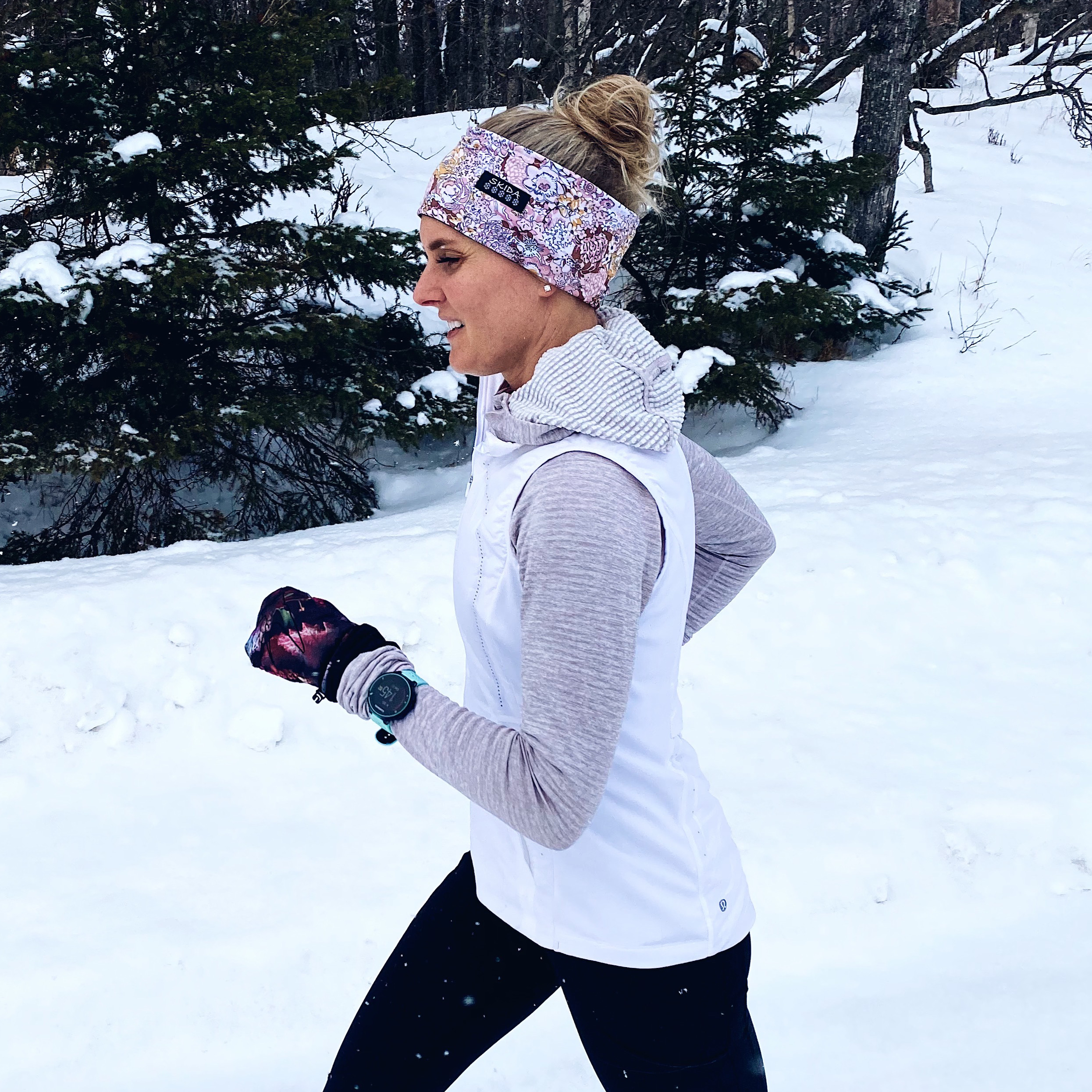Thank you all for the words of encouragement on my previous blog post. As time has gone on, I haven’t been quite so depressed about the marathon. It still stings a little bit thinking about it, but my coach sent an encouraging e-mail a few days ago, which helped me feel better. I know 3:12 is still a really good time, and it is my 2nd fastest marathon, so I do recognize those things. I will continue to work as hard as I have been and hope my next marathon brings cooler temperatures and another chance to redeem myself.
For Grandma’s Marathon, as I mentioned in a previous post, I tried a new pre-race nutrition plan called a carb deplete followed by a period of carb-loading.

Usually before a marathon I continue to eat as I normally do: whole grains, healthy fats, good sources of protein, plenty of fruits and vegetables, and aim for 95% clean/healthy foods. I don’t change too much about my eating habits prior to the marathon, although I will take in a few more carbs and a few less fibrous foods the day before and maybe two days out as well. For this marathon I did give up desserts/candy/sweet treats 3+ months prior to the race. I only had dessert maybe a couple of times during this time period including my birthday.
Six days out from Grandma’s Marathon, I first depleted my glycogen stores by consuming only protein and fats. Ninety percent of my calories had to come from proteins or fats and boy was that difficult. Here are some of the things I ate:
- eggs
- avocados
- bacon
- pork sausage
- tuna + mashed avocado
- chicken breast
- mahi-mahi
- protein powder mixed with water (milk has carbs)
- almond milk
- almonds, cashews, peanuts
- peanut butter
 I actually did not eat this during the carb deplete. . . I just needed a picture of a lot of meat!
I actually did not eat this during the carb deplete. . . I just needed a picture of a lot of meat!
It seems like a pretty good variety, but I got really tired of eating just protein and fats. It probably didn’t help that I wasn’t in my own kitchen and didn’t plan ahead very well. It was also really hard to consume enough calories. I was supposed continue taking in approximately the same number of calories I had been consuming (1800-1900), but the first day I only took in about 1300 calories. I think the next day was about 1500 calories but still not enough.
After just one day of doing the carb deplete, I went for a run the next morning (7.5 miles), and I was dying. I left so sluggish, my legs did not want to work, and I literally had to will myself to keep going. For the last 1.5 miles I had to pick an object–maybe 200 meters away–and say, “Okay, Michelle, just run to the next sign.” It was miserable and maybe the most difficult run this entire training cycle. I had figured (hoped!) it was due to the carb deplete, and my coach confirmed that yep, it was the carb deplete working correctly.

The next two runs weren’t quite as difficult. One of the runs included 1000 meter repeats, but I did take a lot of walk breaks. And the other run was just an easy 4 miles. I started out slower and knew I could expect my sub-8 minute pace.
I was so ready to be done with the carb deplete after three days. (I decided being vegan for 50 days was way easier than the carb deplete for three days!) The next three days were the carb load, and that, by far, was much more enjoyable than the carb deplete.
During the carb load, I had to aim to consume 350 – 400 grams of carbs each day. I was still able to eat fats and proteins, but I had the added bonus of being able to take in some extra carbs.
Some of the things I ate:
- bagels with jam
- pasta with butter and salt and pepper
- muffins
- graham crackers
- cereal
- pretty much all the carbs I often feel like I usually can’t justify eating

I was extra hungry during this time, as it seemed like my body was making up for the missed calories the three days prior. I listened to my body and ate as I felt hungry. The day before the marathon (or any long run for that matter), I make sure not to skimp on calories and take in plenty of food for the next day’s run.
The night before the marathon I didn’t have anything special to eat, I literally went to the hot line at a grocery store and got some sauteed veggies and a salad because that’s what I w as craving. I also had a bottled smoothie and a mini loaf of rhubarb bread. Usually I might avoid vegetables, but I hadn’t had any that day, and I was craving them by the end of the day. I know my body pretty well now, and I knew it wouldn’t be affected by the extra fiber.
This carb deplete/carb load is supposed to trick your body into storing additional glycogen that could then be used during race day. I can’t say I felt any different on race day, but my coach said that with the heat, my body wasn’t able to dip into the glycogen stores like it normally would have. I plan to try this diet again in the future and see if I notice a difference.




I did this once and I completely agree — eating only protein & fats was MISERABLE and I was so over it after just a couple of days, even eating all my favorite non-carb foods. It was also then hard for me to “carb load” after because I don’t really love carbs & it was hard to eat enough without feeling sick. And, I didn’t notice much of a difference. So I decided that for me the difference was so small that it just wasn’t worth how much it sucked. But maybe it will work better for you next time!
I had someone else tell me he didn’t feel that different either. I would like to try it again and see if I feel any difference without the heat affecting me.
The real benefit to depletion runs is to train your body to use fat more effectively during long distance runs and races. In fact, coaxing your body into storing more carbohydrates is the opposite of what you want to do for marathon training*. The body is able to store much less glycogen than fat, even for the leanest of athletes, so teaching your body to go for fats over sugar/glycogen means it has more energy to work with. Unfortunately, the human body naturally relies on glycogen and it takes a while to train it away from that. Similar to serious marathon training, it takes months for the body to truly become comfortable with switching over to fat-burning.
The reason that you felt miserable was likely because your body hasn’t quite become comfortable with the switch. In fact, that may be the single missing piece of the puzzle for you. A 1:24 half marathon is definitely predictable of a sub 3:00 marathon, but 13.1 miles is still within your glycogen-burning zone (or most of it anyway). You certainly have the speed and endurance, but haven’t fully trained your metabolic pathways yet!
Good article about depletion training: https://runnersconnect.net/coach-corner/marathon-long-runs-on-an-empty-stomach-or-fully-fueled/
*This is specific to marathon+ training. For 10Ks and short races, the body relies primarily on glycogen.
Thanks for sharing your experience! I’ve tried low carb in the past and also felt TERRIBLE. Maybe I didn’t stick with it long enough to see benefits (I did it for about 2 weeks) but I was just a monster! My friend, Christian who is doing his PhD in sports nutrition, about jumped down my throat when I told him I was doing low carb AND doing CrossFit 2-3x a week AND running 4x a week. I put carbs back in my life and felt much better — and my runs improved. And my boyfriend liked my better. 😉
Not sure if you saw his post but sharing just in case! I still think there is something to the low carb/fat stores in training…but I’m not sure it’s worth the torture to make it happen! http://afoodiestaysfit.com/2016/04/run-around-case-carbs/